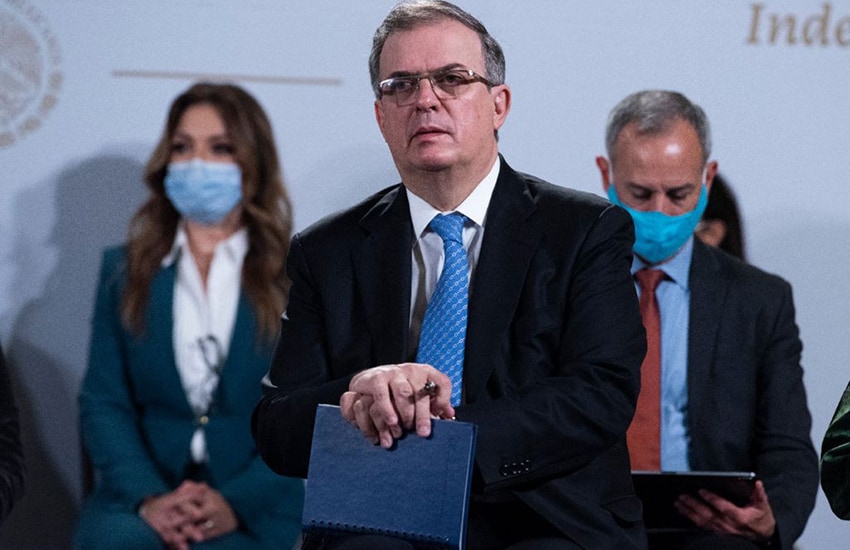Federal agents on Thursday arrested a Romanian man accused of running a massive bank card skimming operation in Cancún, Quintana Roo, and other Mexican resort cities.
Florian Tudor, known as “The Shark,” was taken into custody in Mexico City by the federal Attorney General’s Office (FGR), acting on an extradition request from Romania for organized crime, extortion and attempted murder.
Foreign Minister Marcelo Ebrard said Friday that Tudor will be extradited to Romania “very quickly.”
The FGR said in a statement that during the process of arresting Tudor one federal agent tried to prevent his detention. It also said that a lawyer for the Romanian punched the officers. Both the rogue agent and the lawyer were subdued and arrested, the FGR said.
According to authorities, Tudor and a group he worked with – among whom were allegedly other Romanians, Mexican hackers, Venezuelan cyber crime experts and the Quintana Roo cartel boss Leticia Rodríguez Lara — scammed hundreds if not thousands of people who used ATMs in Cancún inside which bluetooth devices, or “skimmers,” had been placed to steal card details.

The mafia also allegedly placed such devices on ATMs in other cities including Puerto Vallarta and Los Cabos and used cloned cards to withdraw large sums of cash from ATMs.
Tudor has maintained his innocence, claiming that he is a legitimate businessman. Despite the accusations he faces, the Romanian was given the opportunity in early March to plead his innocence to Security Minister Rosa Icela Rodríguez. The minister said that President López Obrador ordered her to meet with Tudor and hear him out.
“All we did was grant him a meeting to hear what he wanted to say, … we treated him like any other citizen,” Rodríguez said.
The meeting raised eyebrows as it took place just one month after the government’s Financial Intelligence Unit (UIF) froze 79 accounts linked to Tudor and his alleged accomplices. “[The account holders] formed part of a criminal enterprise to clone credit cards in the tourist zone of Cancún,” the unit said.
The UIF said at the time that it acted as part of a joint investigation with the United States Federal Bureau of Investigation. It said the criminal network was run by Romanians and it had detected some US $25 million in suspicious bank transfers.
While Tudor remained a free man living in a palatial home in Cancún, he took to issuing lengthy press releases in which he claimed that his human rights had been violated and that he was a victim of political persecution.
The Associated Press reported that in one 12-page document, “The Shark” claimed that a former Quintana Roo police chief and advisor to the state governor “are behind this campaign to invent the false idea of a ‘Romanian mafia,’ and have paid millions to news media to slander me.”
Tudor asserted that the fabrication was part of a plot to hurt Mexico’s ruling party, Morena, at the June 6 elections. He also claimed that federal authorities seized “safes, computers, cash, credit cards, jewels, fine watches, works of art, TVs, purebred dogs and horses and construction equipment” from him.
The Associated Press also said that a Romanian member of the skimming mafia who had a falling out with the leader was found dead in a vehicle near Tudor’s house in 2018.
